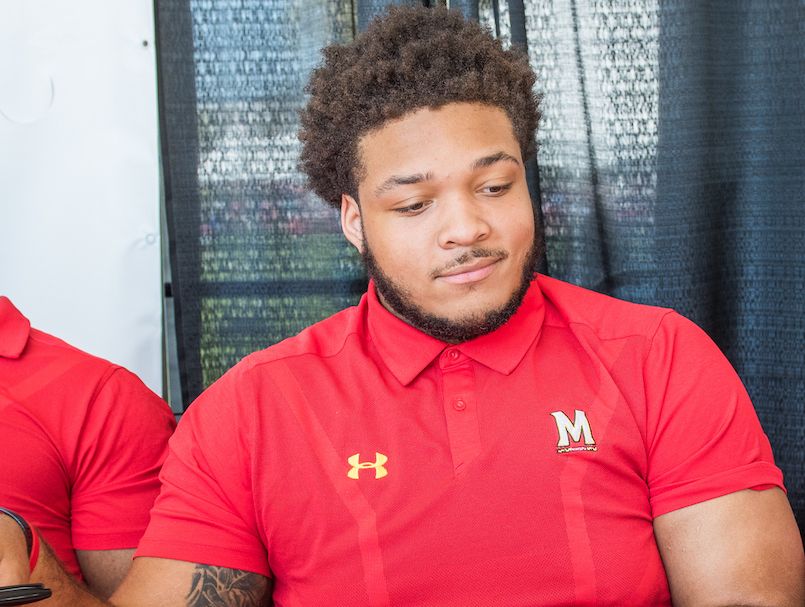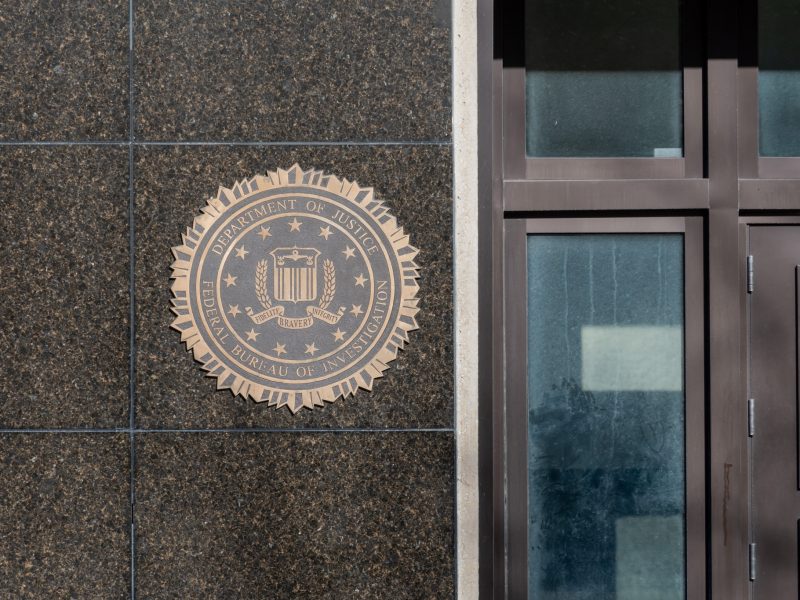Lawmakers on Wednesday heard arguments for a bill that would set up the possibility for athletes at Maryland public universities to profit off their own name, image and likeness, allowing them to receive endorsement deals.
The bill, named after University of Maryland football player Jordan McNair — who died in June 2018 from a heatstroke he suffered two weeks earlier at an organized team workout — would also establish an advisory council to consider student-athlete health and economic wellbeing and advise the University System of Maryland Board of Regents and the Morgan State University Board of Regents.
The council — to be composed of politicians, university faculty, former student athletes and others — would have a mandate to study a broad range of questions surrounding athlete likeness, sports-related injuries, mental health, gender inequities and more.
Maryland joins at least 20 other states considering similar bills; the effort comes after California signed legislation into law last September that will allow college athletes to receive endorsement deals beginning in 2023. The NCAA has defended its current regulations for years, often citing academic scholarships as suitable compensation and warning of a slippery slope toward a pay-for-play model.
[Read more: “A deep loss”: Following the death of Maryland football’s Jordan McNair]
But in late October, it took a step closer to allowing college athletes to profit off their name, image and likeness. It’s an opportunity for endorsement deals that’s still far in the distance — NCAA divisions have until January 2021 to create new rules and regulations.
In a release, the NCAA’s top governing board emphasized the new rules must “reaffirm that student-athletes are students first and not employees of the university” and “maintain the priorities of education.”
Ellis McKennie, a childhood friend and teammate of McNair pursuing a master’s degree in public policy at this university, spoke at the Education, Health and Environmental Affairs hearing. He told senators McNair’s “commitment to excellence was unmatched.”
“Jordan’s passing has inspired me, as well as his family and loved ones, to make an impact in his honor,” McKennie said. “This bill is yet another chance to leave his legacy while ensuring this tragedy never happens to anyone again.”
McKennie has also been a proponent of player endorsement deals.
“It’s really exciting for future players to have the opportunity to make money off themselves, which seems like that makes sense,” he told The Diamondback in October.
Sen. Justin Ready (R-Carroll), one of the bill’s sponsors, pointed to the dichotomy between the NCAA’s annual revenue that’s over a billion dollars and the organization’s strict limitations on athletes’ ability to earn money. The problem is compounded, he said, by prohibiting players from earning money from their athletic activities — money that would be especially valuable to players of injury-prone sports.
[Read more: Following the investigation into Maryland football’s culture]
“I love college sports. I’m a huge college football — some might say nut — I would say aficionado,” Ready said. “[While] the sports world has come a long way in putting some safeguards in, we clearly have a long way to go.”
Multiple others testified in favor of the bill, including Ellen Zavian, an attorney and professor at George Washington University with a long history of advocating for athlete rights. She railed against the NCAA’s history of changing what it labeled student athletes. She cited the coining of the term ‘student athlete’ in 1964 by the NCAA as part of the argument used to “protect institutions” from having to provide athletes with workers’ compensation.
Some senators on the committee expressed confusion and concern, however, with attaching McNair’s name to a bill that juggles the creation of an advisory body — which would directly address issues of athlete health — with the seemingly less-related issue of athlete income.
Despite reassurances from supporters that the two were intrinsically linked, senators left open the possibility that the bill could be split into multiple pieces of legislation, or undergo other changes. The bill and its companion in the House of Delegates must make it out of their respective committees before being voted on in each chamber.



